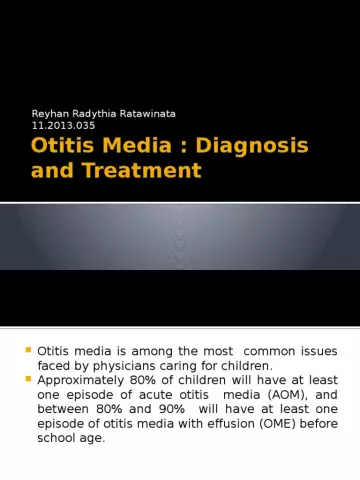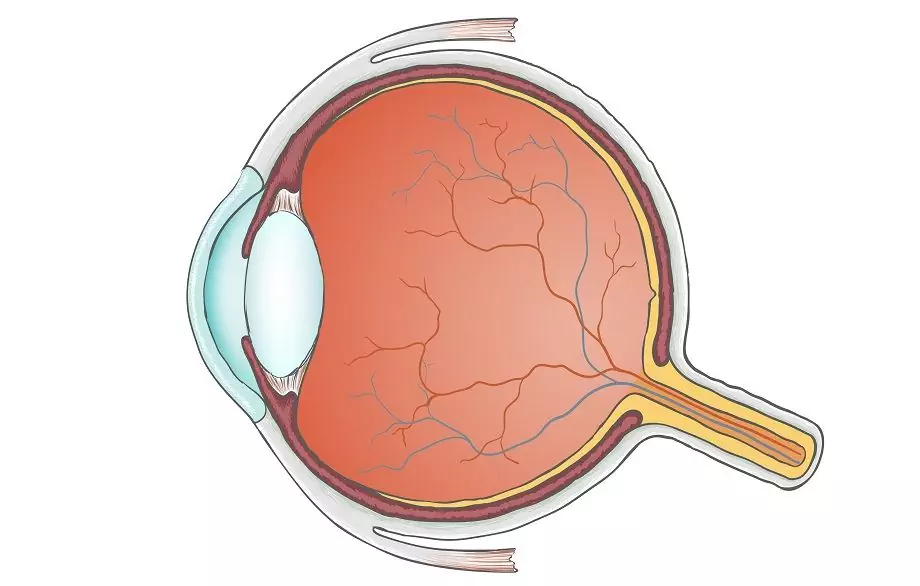- Author Rachel Wainwright wainwright@abchealthonline.com.
- Public 2023-12-15 07:39.
- Last modified 2025-11-02 20:14.
About otorhinolaryngology

Otorhinolaryngology is a branch of medicine that deals with diseases of the upper respiratory tract (throat, nose) and ears: oto - ear, rhino - nose, laryng - throat. Otorhinolaryngology is a long name, so it is sometimes abbreviated to ENT (laryng otorhinos) for convenience. ENT diseases are combined into one group, since anatomically the ears, nose and throat communicate with each other, and the pathology that has arisen in one of these organs necessarily affects the functions of the rest. Accordingly, these diseases need to be treated comprehensively.
Otorhinolaryngology is also of particular importance because the brain is located in the immediate vicinity of the ears, throat and nose, and the involvement of brain tissue in the inflammatory process poses an immediate threat to life. Also, the nose and throat are the entrance gates of the respiratory tract, and respiratory failure leads to oxygen starvation of the entire body, including the brain, heart and other vital organs. That is why ENT diseases require an attentive attitude and careful treatment.
Since the throat and nose are the beginning of the respiratory system, and the throat is also the digestive system, a large amount of immune lymphatic tissue is "on guard" here, since the lion's share of the infection enters the body in this way. Thus, the area of competence of otorhinolaryngology also includes lymph nodes located nearby: the palatopharyngeal ring, adenoids.
ENT diseases affect people of any age and gender. These diseases are most often of an infectious and inflammatory nature (remember, the nose and throat are the entrance gate of infection), much less often tumor. Infectious diseases of the ears, throat, nose are extremely common and are seasonal. Children are most predisposed to them. This is due to the age-related immaturity of the child's immune system, which is often unable to cope with a large infectious load. In this regard, an important place in otorhinolaryngology is given to the prevention of ENT diseases in children, however, as well as in adults.
Diseases of the ears, throat, nose are treated both therapeutically and surgically. Currently, the indications for the most frequent operations in otorhinolaryngology - tonsillotomy (removal of palatine tonsils) and adenotomy (removal of adenoids) - have been revised towards toughening. Surgical treatment is used only when the possibilities of conservative therapy are exhausted.
Found a mistake in the text? Select it and press Ctrl + Enter.






